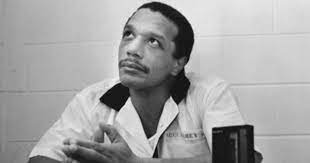Jeremy Williams Murders 5 Yr Old Girl
Jeremy Williams was sentenced to death by the State of Georgia for the murder of five year old Kamarie Holland According to court documents Jeremy Williams would offer the mother of Kamarie Holland $2500 in order to tape a sexual act with the child which the mother, Kristy Marie Siple, also known as Kristy Hoskins,…








